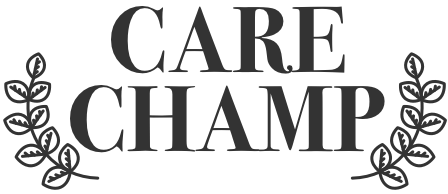Monitoring a child's cognitive development is crucial in ensuring they are on the right path to achieving their full potential. Care Champ, known for its comprehensive Early Childhood Development Practitioner Course, emphasizes the importance of using cognitive developmental checklists as a tool for parents and educators. These checklists can help in identifying a child's strengths and areas for improvement, guiding targeted support and interventions.
Key Takeaways:
Understand the role of cognitive developmental checklists in child growth.
Learn how to use these checklists effectively.
Identify key milestones in child cognitive development.
What Are Cognitive Developmental Checklists?
Cognitive developmental checklists are tools used to track a child’s progress in various areas of cognitive development, such as memory, problem-solving, and understanding of the world around them. These checklists are vital for early detection of developmental delays.
Why Use Cognitive Developmental Checklists?
To monitor progress: Track how a child's cognitive abilities grow and change.
Early detection: Identify potential developmental delays early on.
Tailored learning: Customize educational activities to suit a child’s specific needs.
Understanding the Milestones
Infants (0-12 months)
Responds to sounds and sights
Begins to use objects for their intended purpose
Toddlers (1-3 years)
Recognizes names of familiar people and objects
Follows simple instructions
Preschoolers (3-5 years)
Understands basic concepts (big vs. small)
Starts to count and recognize letters
School-age Children (5-7 years)
Reads simple books
Understands the concept of time
How to Use Checklists Effectively
Consistency: Regularly update the checklist to accurately reflect progress.
Patience: Understand that children develop at their own pace.
Engagement: Use the checklist as a guide for engaging educational activities.
Customizing Checklists for Individual Needs
Every child is unique, and while standardized checklists provide a general guideline, customizing these tools to fit an individual child’s context can enhance their utility. Care Champ's course equips practitioners with the skills to tailor developmental checklists to better serve each child’s needs.
Key Cognitive Milestones Table
|
Age Group |
Milestone |
Expected Age of Achievement |
|
Infants |
Responds to sounds |
0-3 months |
|
Toddlers |
Follows simple instructions |
1-2 years |
|
Preschoolers |
Starts to count |
3-4 years |
|
School-age |
Reads simple books |
5-6 years |
By leveraging cognitive developmental checklists, educators and parents can play a proactive role in supporting a child’s cognitive development. Care Champ's emphasis on early childhood education highlights the significance of these checklists in creating a solid foundation for lifelong learning and development.
Interested in learning more about supporting child cognitive development?
Visit Our Website to explore Care Champ’s Early Childhood Development Practitioner Course and how it can empower you to make a difference in children's lives.
